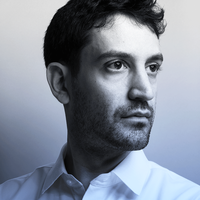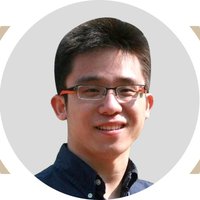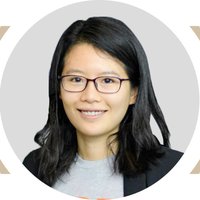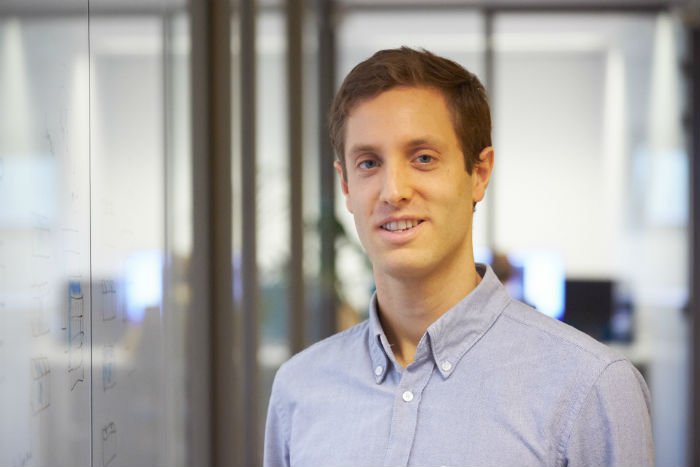Faced with a health problem, not everyone has access to the best specialist. And those who have may suffer the consequences of human error. A small detail that, if overlooked, can prevent a disease being correctly detected. To reduce this problem, the healthcare industry has set its eyes on artificial intelligence (AI), specifically on machine learning.
This AI technique is able to learn how to interpret medical images such as scans and x-rays with a precision that can surpass that of humans (see AI defeats the best doctors in the diagnosis of diabetic retinopathy). But to achieve this, it is necessary to have a large database that has been properly classified by specialists in order to train the machine. This obstacle becomes even more acute when it comes to sensitive information, such as patient records. To solve the problem of access to information, Taco Cohen proposes increasing the efficiency of the data available. That is to say, to do more with less. Thanks to his approach, Cohen has become one of the winners of Innovators Under 35 Europe 2018 from MIT Technology Review.
The Dutchman, who received a cum laude distinction in Computer Science and later completed a master's degree in Artificial Intelligence, teamed up with his thesis director, Max Welling, to create Scyfer, a spin-off of the University of Amsterdam (Netherlands). The company was specialised in researching and improving the efficiency of data in artificial intelligence to solve a large number of the practical problems that the use of this technology entails. Interested in this potential, it ended up being acquired by Qualcomm, who decided to keep Cohen as a research engineer. In its first experiments, Qualcomm has multiplied by ten the efficiency of the data used.
Currently, the most successful deep neural network architecture is the so-called CNN. This network is able to detect a visual object, regardless of the position in which it appears and without needing to have been trained with examples of that object in every possible location. Or, as Cohen explains it: “CNN exploits the symmetry of translation inherent in the majority of machine vision tasks."
But medical images follow many more symmetries: the harmful cells can appear in all orientations, and lung nodules may have various sizes. To address this challenge, Cohen invented a network that has been baptised as Group Equivariant CNN (G-CNN). Its innovation involves replicating the ability of a standard CNN network to recognise visual objects. That is to say, it manages to identify that object in many more situations and with different characteristics, having received the same training as a conventional CNN network.
In practice, Taco Cohen’s hope is that his work promotes the worldwide implementation of the analysis of medical images with deep learning to improve medical care for millions of people. His idea is that his system, his "digital doctor", reads the scans of patients from all over the world to provide diagnoses at virtually zero cost.
Its creator explains: “Instead of having to teach different doctors to recognise injuries, which is expensive, time-consuming and not very scalable, we would only have to teach a programme to recognise each of these wounds very well to turn it into a great world expert on skin cancer, malaria, lung nodules, etcetera."
Ramón López de Mántaras, director of the CISC Institute for Research in Artificial Intelligence (Spain) and member of the jury of Innovators Under 35 Europe 2018, says "this is a very strong project", and considers Cohen as a "brilliant” person. The expert believes that "if the results can be generalised to other data sets, they will achieve a significant breakthrough for deep learning algorithms".
By Belén Belmonte
Translation: Lisa Rushforth




